Avoid These 10 Rookie Mistakes On Your Next Over-The-Seas Trip + 4 Travel Errors You Will Regret

Traveling abroad promises adventure, unforgettable sights, and new experiences—but one misstep can turn paradise into panic. Even the most seasoned travelers aren’t immune to the pitfalls of international trips: forgotten paperwork, cultural missteps, and costly oversights can derail even the best-laid plans.
Before you pack your bags, let’s uncover the most common travel mistakes — and how to avoid turning your dream getaway into a travel horror story.
1. Neglecting To Make Copies Of Essential Documents
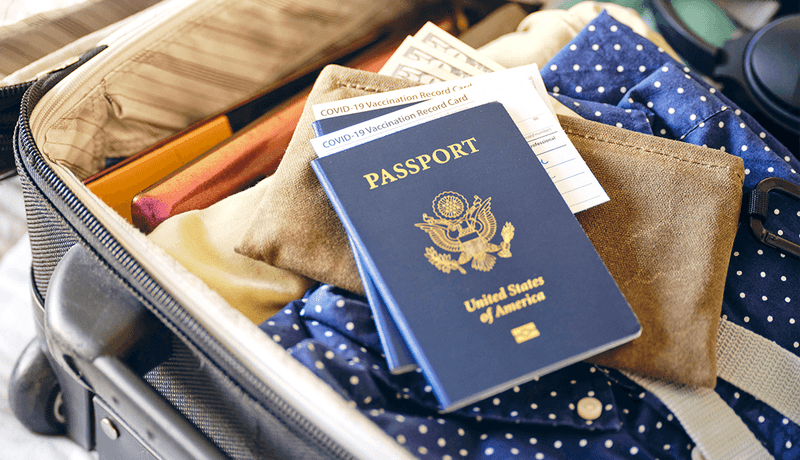
Imagine being stranded without proof of identity in a foreign country! Smart travelers always keep digital and physical copies of passports, visas, and insurance information.
Store these documents in multiple locations – your email, cloud storage, and with a trusted person back home. This simple step can save hours of stress at embassies if originals are lost or stolen.
2. Exchanging Currency At The Airport

Airport currency exchanges offer possibly the worst rates you’ll find anywhere. Their convenient locations come with a steep premium that can shrink your vacation budget before you’ve even left the terminal.
Exchange currency at local banks in your destination or withdraw from ATMs instead. Better yet, get some foreign cash from your home bank before departure to cover immediate expenses.
3. Packing Too Many Clothes
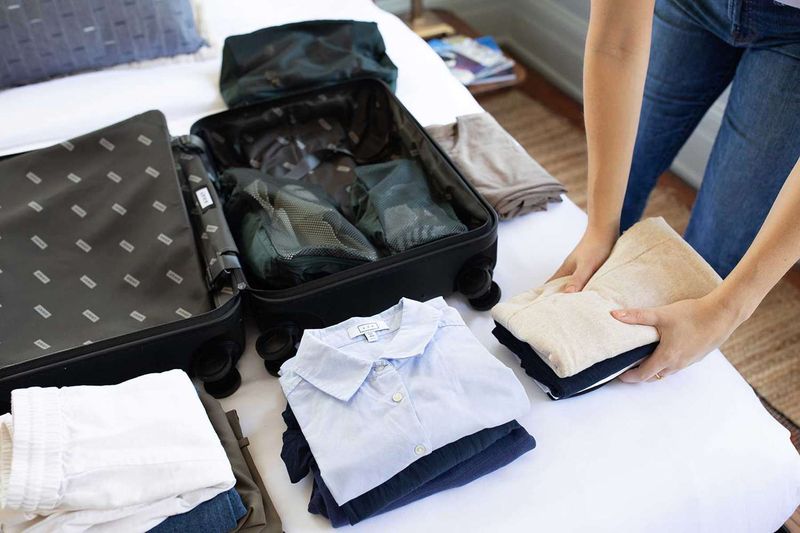
Lugging around massive suitcases turns fun exploration into an exhausting ordeal. Many first-timers overestimate their clothing needs, bringing outfits they’ll never wear. Focus on versatile pieces that layer well and can be mixed and matched.
Remember, most destinations have laundry services or facilities. The freedom of traveling light far outweighs having your entire wardrobe with you.
4. Forgetting To Check Visa Requirements
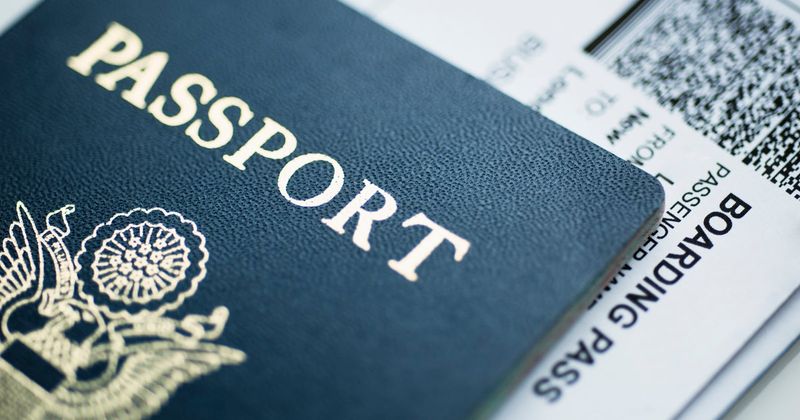
Nothing ruins travel plans faster than being denied boarding because you didn’t research entry requirements. Visa policies vary widely between countries and can change without notice. Check official embassy websites at least three months before your trip.
Some visas require weeks for processing. Pay attention to passport validity requirements too – many countries demand six months validity beyond your planned departure date.
5. Not Checking Your Phone Plan

Returning home to a shocking phone bill can instantly erase the joy of your vacation memories. International roaming charges accumulate quickly, even for minimal usage. Contact your provider before departure to understand overseas rates.
Consider purchasing a travel plan, using local SIM cards, or relying on WiFi. Apps like WhatsApp and Maps.me work wonderfully offline after initial setup.
6. Ignoring Local Customs And Etiquette

Cultural faux pas can range from mildly embarrassing to genuinely offensive. Hand gestures considered harmless at home might be deeply insulting elsewhere. Research basic cultural norms before arrival.
Learn appropriate greetings, dining etiquette, and dress codes. Locals appreciate visitors who make efforts to respect their customs, often responding with increased hospitality and friendliness.
7. Scheduling Too Many Activities

Overly ambitious itineraries leave travelers exhausted rather than refreshed. Racing between attractions means you’ll barely remember what you saw. Build breathing room into your schedule.
Allow time for spontaneous discoveries, conversations with locals, or simply savoring a coffee at a neighborhood café. These unplanned moments often become the most treasured memories of your journey.
8. Eating Only At Tourist Restaurants

Restaurants with English menus and familiar foods might feel safe, but they rarely offer authentic culinary experiences. Plus, they typically charge inflated prices for mediocre quality. Follow locals to discover genuine regional cuisine.
Look for busy establishments where residents eat. Even without language skills, pointing and smiling works wonders. Food markets provide delicious, affordable options while immersing you in local culture.
9. Failing To Notify Your Bank

Banking security systems flag unusual activity, including foreign transactions. Without prior notice, your cards might be blocked just when you need them most. Contact all financial institutions before departure.
Inform them of travel dates and destinations. Carry multiple payment methods as backup. Note international customer service numbers and keep them separate from your cards.
10. Skipping Travel Insurance
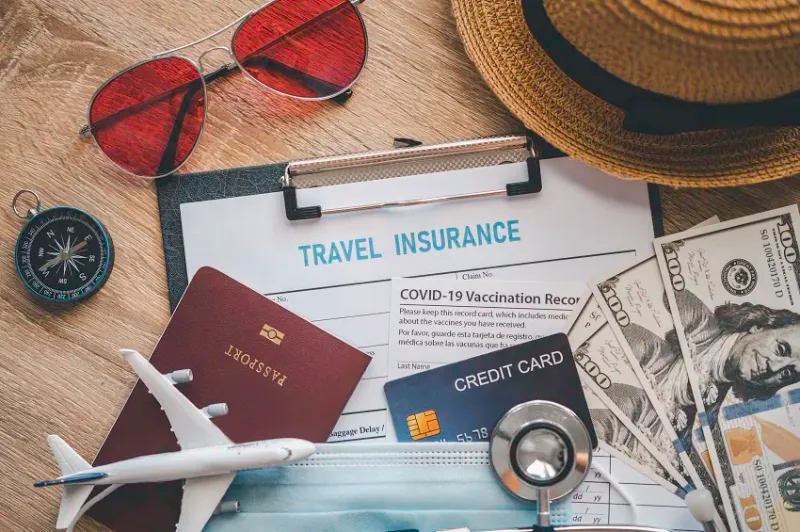
Medical emergencies abroad can be financially devastating without proper coverage. A simple hospital visit might cost thousands in countries without universal healthcare. Travel insurance isn’t just for health issues.
It covers trip cancellations, lost luggage, and emergency evacuation. The peace of mind is worth the relatively small investment, especially when venturing to remote locations or participating in adventure activities.
11. Drinking Tap Water Without Research

Water safety standards vary dramatically worldwide. What’s perfectly fine for locals might leave visitors seriously ill due to different gut bacteria. Research water potability at your destination.
When uncertain, stick to bottled water with intact seals. Remember that ice cubes, uncooked vegetables, and fruit washed in tap water can also cause problems. Staying hydrated is crucial, but doing so safely matters too.
12. Keeping All Valuables Together

Storing all important items in one place creates a single point of failure. Pickpockets target obvious tourist bags, potentially leaving you without money, ID, and transportation. Distribute valuables across different secure locations.
Use a money belt for emergency cash and important documents. Keep daily spending money separate from reserves. Consider leaving expensive jewelry at home – flashy items attract unwanted attention.
13. Taking Unmarked Taxis
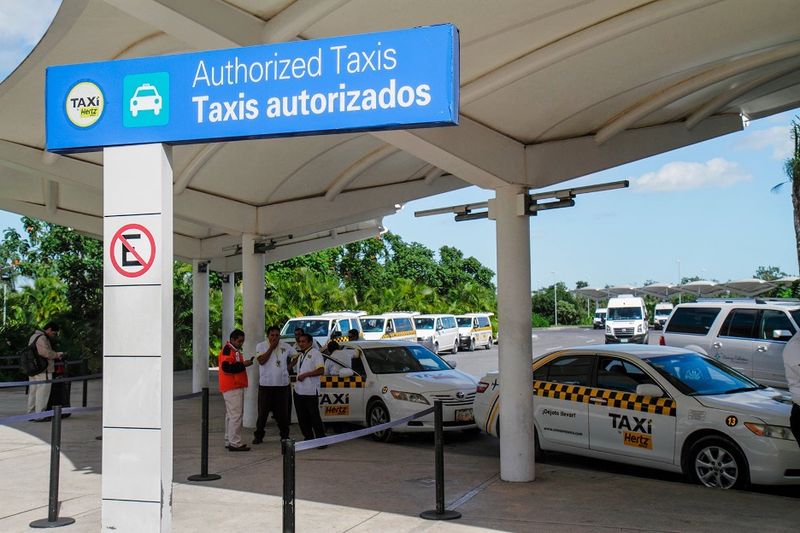
Unofficial taxis present serious safety and financial risks. Unregulated drivers might charge exorbitant fares, take unnecessarily long routes, or worse. Research legitimate transportation options before arrival.
Use official taxi stands or reputable rideshare apps. When possible, have your accommodation arrange transportation. Ask about typical fares beforehand so you can recognize when something seems off.
14. Forgetting Adapter Plugs And Voltage Converters

Electrical standards differ globally. Plugging your devices into foreign outlets without proper adapters can leave you powerless or damage your electronics. Research the specific plug types and voltage requirements for each destination.
Universal adapters work in most locations but may not convert voltage. Check if your devices are dual-voltage (110-240V) – most modern electronics are, but hair dryers and straighteners often aren’t.
